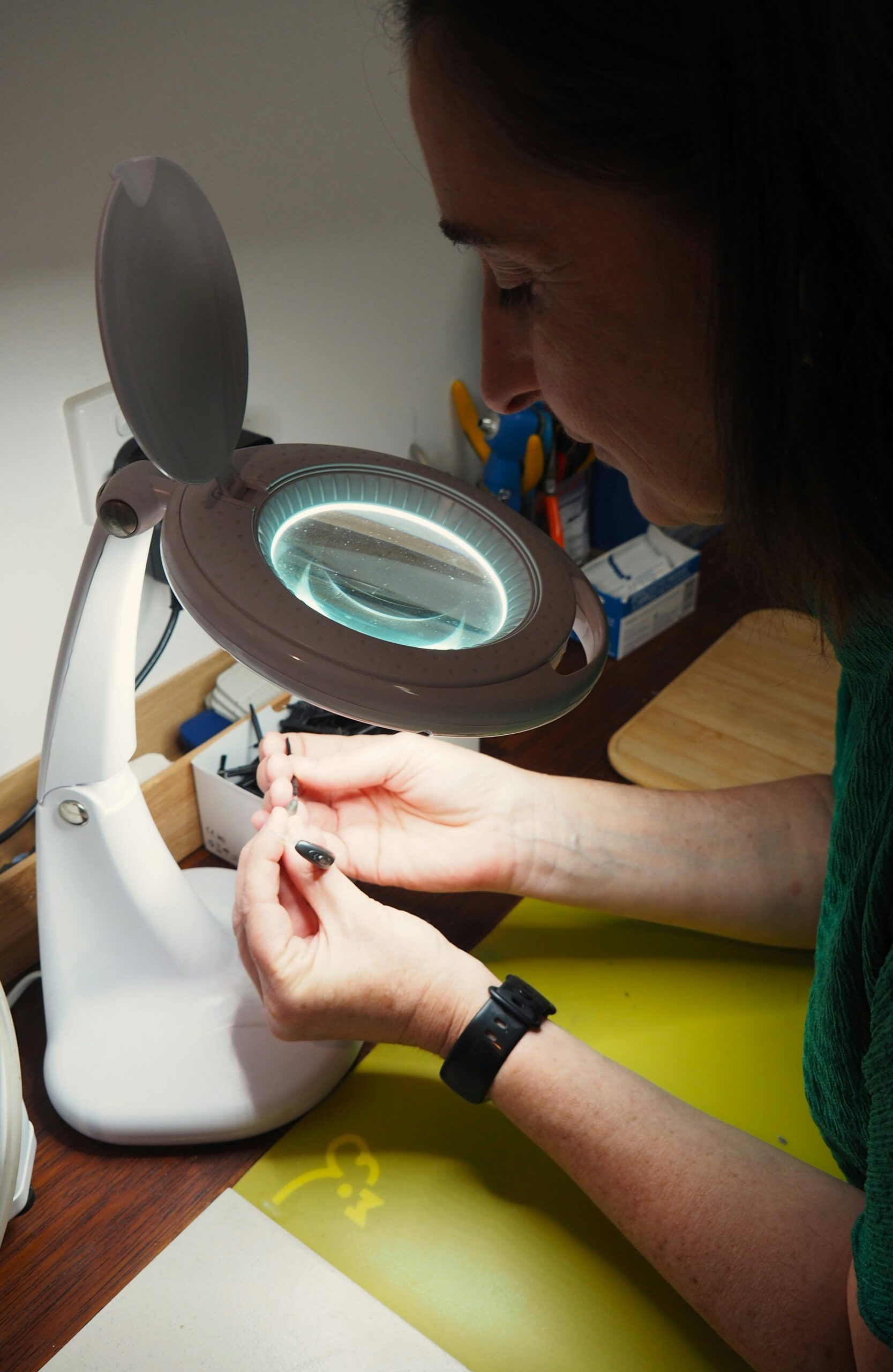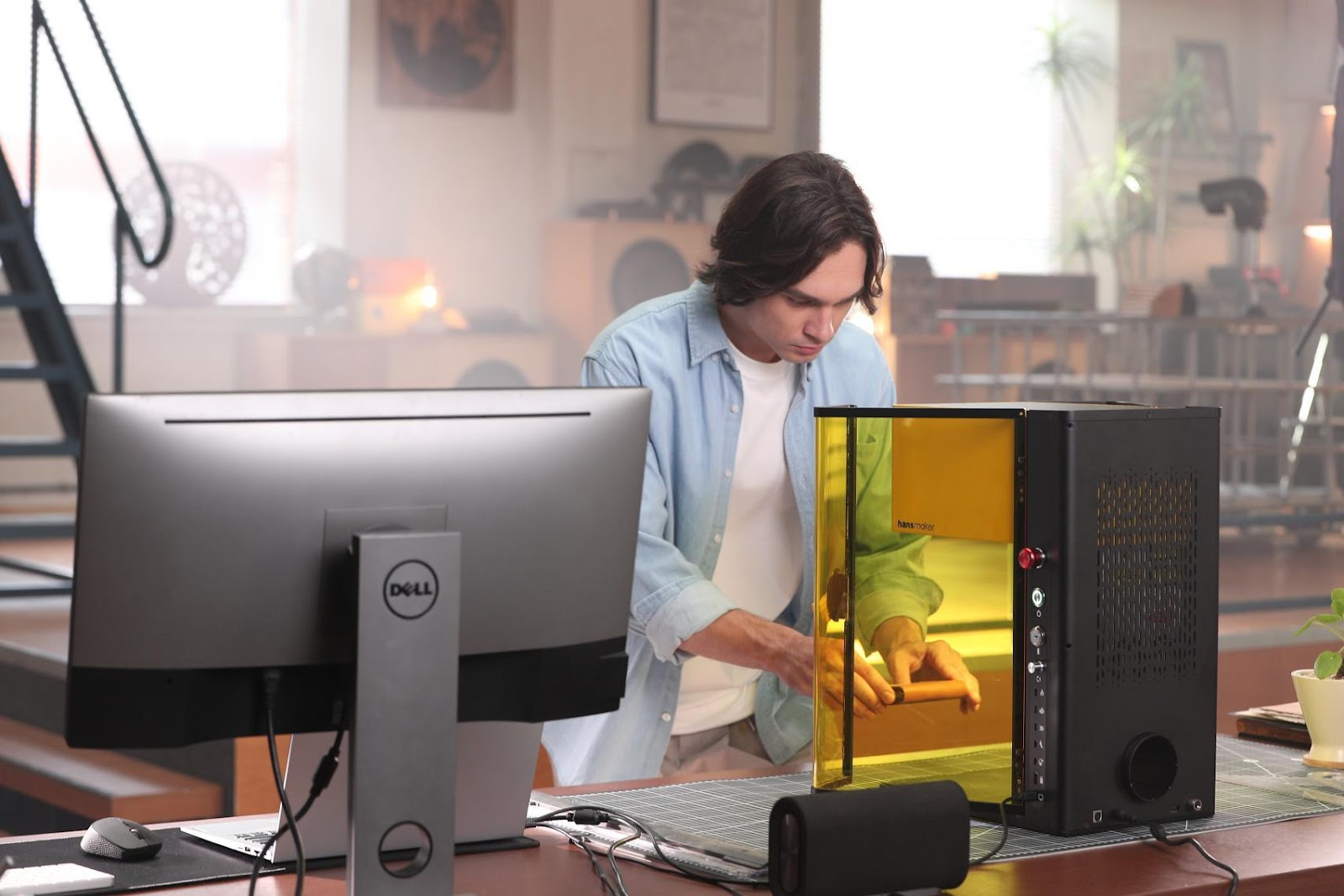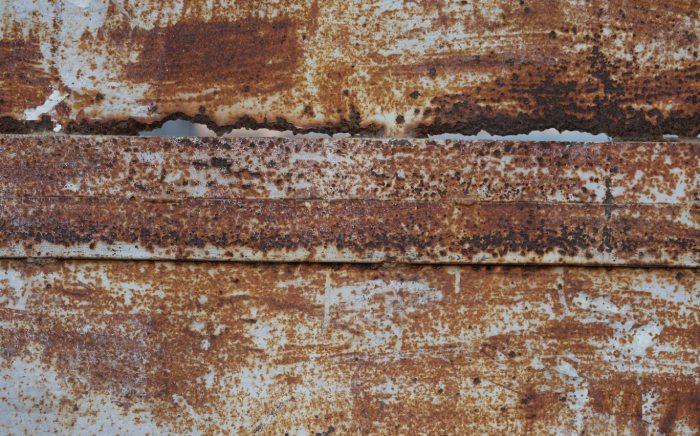Have you ever woken up shivering because your heater decided to quit in the middle of the night?
You’re not alone.
When it comes to heating repair, most people are left asking:
- “Do I call someone, or can I fix this myself?”
- “How do I know it won’t just break down again next week?”
- “Why is my heater acting up when I just paid to have it fixed?”
Let’s get one thing straight.
Your heater isn’t out to ruin your day.
It’s just telling you it needs help—and fast.
That’s where skilled HVAC technicians come in.
They don’t just fix your heater.
They keep it running better, longer, and safer.
Let me break this down for you, step by step, with some actionable insights and simple hacks to keep your heater humming along.
Why Heating Repair Can’t Wait
When your heater’s down, it’s not just an inconvenience.
It can wreck your energy bills, damage your home, or worse, leave you freezing when you least expect it.
Here’s why you should handle heating repair ASAP:
- Prevent Bigger Costs: Small problems become big ones fast.
- Stay Comfortable: No one likes wearing three sweaters indoors.
- Avoid Safety Risks: Faulty systems can cause gas leaks or fires.
Common Heating Issues and Quick Fixes
Now, before you grab a wrench and try to DIY, remember this:
Some repairs are simple. Others? Call a pro.
Let’s go over the basics.
1. Uneven Heating Across Your Home
Ever feel like one room’s an oven while another feels like Antarctica?
This usually points to:
- Clogged vents.
- Duct issues.
- A malfunctioning thermostat.
What You Can Do:
- Check and clean your vents.
- Make sure furniture isn’t blocking airflow.
If that doesn’t work, it’s time to call an HVAC technician to inspect the ducts.
2. Weird Noises
Banging, rattling, or whistling sounds mean something’s off.
This could be:
- Loose parts.
- A clogged burner.
- A failing blower motor.
What You Can Do:
- Turn off your system.
- Call a skilled technician to avoid further damage.
3. Short Cycling
Does your heater keep turning on and off?
It’s called short cycling, and it’s bad news for your system.
This might happen because:
- Your filter is dirty.
- The thermostat’s in the wrong spot (too close to a vent or window).
- Your system’s oversized for your home.
What You Can Do:
- Replace your air filter.
- Check thermostat placement.
For anything beyond that, call a professional.
4. No Heat at All
If your system’s running but no heat’s coming out, you could have:
- A pilot light issue.
- A tripped breaker.
- A malfunctioning gas valve.
What You Can Do:
- Check your breaker box.
- Ensure the pilot light is on.
Still no luck? Get an HVAC technician to handle the rest.
How Skilled HVAC Technicians Make a Difference
You can try a few hacks, but there’s no substitute for expertise.
Here’s why hiring a pro is worth every penny.
1. They Know the Systems Inside Out
Modern heaters are high-tech.
Sensors, software, and advanced controls make them efficient but tricky to fix.
A skilled HVAC technician has the tools and training to handle this complexity.
2. They Fix It Right the First Time
When you DIY or hire someone unqualified, you risk:
- Wasting time.
- Spending more money on repeat issues.
A professional identifies the real problem and solves it for good.
3. They Keep You Safe
Heating systems deal with gas, electricity, and heat.
One wrong move, and you’re looking at fire risks or carbon monoxide leaks.
Skilled technicians don’t just repair—they ensure your home stays safe.
4. They Optimize Your System
A quick repair is one thing.
But optimizing your system for efficiency? That’s next-level.
- Lower energy bills.
- Fewer breakdowns.
- Longer system lifespan.
Pro Tips to Avoid Costly Heating Repairs
Want to avoid calling a technician every other month?
Follow these simple tips:
1. Replace Your Air Filter Regularly
A clogged filter makes your system work harder, leading to breakdowns.
Replace it every 1-3 months, depending on usage.
2. Schedule Annual Maintenance
Think of it like a check-up for your heater.
- Technicians catch small issues before they become big problems.
- They clean, test, and tune up your system.
3. Seal Your Ducts
Leaky ducts waste energy and strain your system.
Hire a pro to seal them for maximum efficiency.
4. Don’t Ignore Warning Signs
Weird smells, noises, or performance dips?
Get them checked out early.
Small fixes are always cheaper than major overhauls.
FAQs About Heating Repair
Q: How much does heating repair usually cost?
A: It depends on the issue. Minor repairs can cost $150-$300, while major fixes might run $1,000 or more.
Q: How often should I get my heater serviced?
A: Once a year is ideal. Regular maintenance keeps your system running efficiently.
Q: Can I fix my heater myself?
A: Some things, like replacing filters, are DIY-friendly. But for anything complex, call an HVAC technician.
Q: What’s the lifespan of a heating system?
A: Most systems last 15-20 years with proper care.
Q: How do I know if I need a repair or replacement?
A: If your system is over 15 years old and needs frequent repairs, replacement might save you more in the long run.
The Bottom Line
When it comes to heating repair, the goal isn’t just to fix what’s broken.
It’s to keep your system running efficiently, safely, and for as long as possible.
Sure, you can try a few hacks to keep things smooth.
But when it gets serious, there’s no substitute for a skilled HVAC technician.
Because when the cold hits, you don’t want to gamble on your comfort—or your safety.











